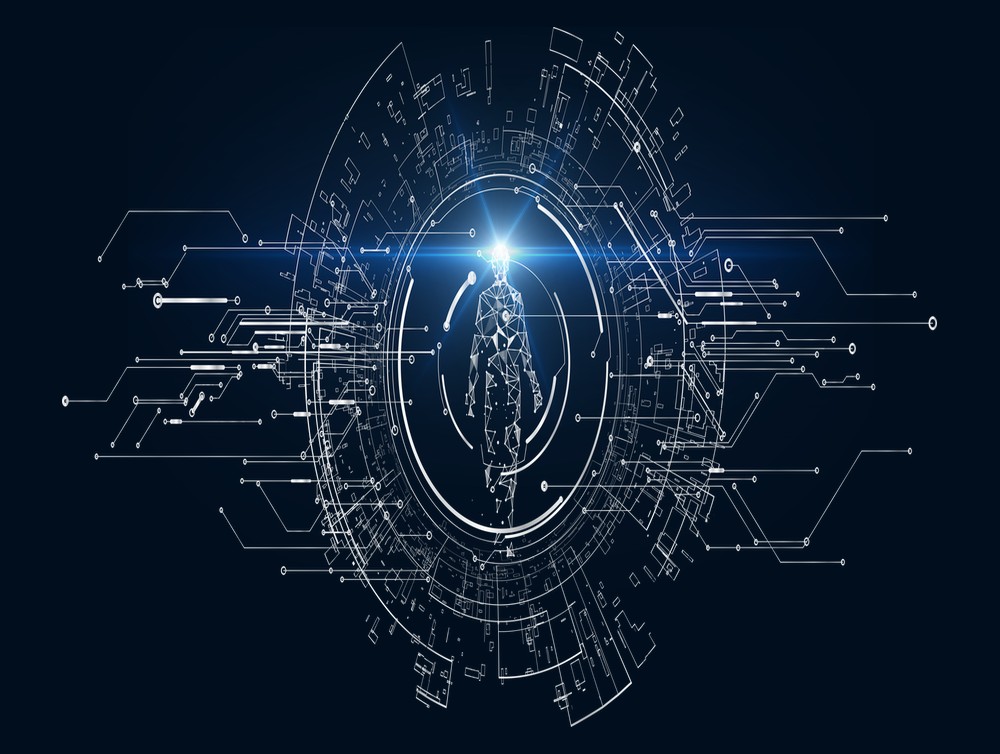The Future of Work is Now

We all believed automation would begin the Future of Work, fueling breakout productivity gains.
Yet here we are, still searching for the productivity increases we need to continue business growth.
Which leaves us with the billion dollar question. How do we step into the Future of Work with the productivity increases we so desperately need?
The answer is simple: Digital workers.
The Future of Work is Here
Digital workers are enterprise-class software solutions. They orchestrate complex and dynamic workflows across technology platforms and applications, relieving humans for these mundane, time-consuming tasks.
Yet digital workers are not merely automated programs. They are so much more.
Unlike chatbots and other automation, digital workers are highly intelligent, dynamically adaptive, user deployable, and fully transparent in their use of artificial intelligence.
In short, digital workers have the advanced capabilities to solve our workforce productivity dilemma.
Digital workers offload low-value, mundane tasks from human workers, which today consume over 60% of our knowledge workers’ days.
Thanks to this workload shift, digital workers dramatically increase productivity and create new opportunities as they amplify our human workforce, the most valuable asset we have.
Welcome, to the Future of Work.
What is a Digital Worker?
Digital workers are intelligent software that perform complex workflows and tasks. They are comprised of technologies, intelligence/logic and skills.
Intelligence.
Digital workers integrate AI, machine learning and NLP to consume and analyze information. They also create new information and content, and orchestrate entire business processes. They learn as they work, make recommendations for improvements, and easily adapt to new needs. Digital workers also integrate the unique business logic they need to successfully complete their role for the specific organization.
Automation.
Digital workers can include a range of Robotic Process Automation tools (RPA), chatbots, and other technologies to automate complex and diverse processes. Unlike automation, digital workers are dynamic, continuously optimizing, expanding or changing workflows as the needs of their human workers and the business evolve.
Skills.
Digital workers bring a wide range of validated skill sets for handling everything from documents and spreadsheets to databases and applications to creating emails and following up on responses.
Enterprise-Class.
Digital workers are architected as enterprise-class software. They integrate security, fault-tolerance, compliance, auditing and management technologies in a validated software solution.
A Collaborative, Dynamic Workforce
Digital workers collaborate with human workers to offload time-consuming tactical work, 24 x 7.
They also look to humans for direction. They interact with humans for things like approvals, decisions, when conflicts emerge, and for recommendations.
Humans can also question them about work, or ask them for ad hoc tasks, such as additional research for a market or competitive analysis.
Digital workers are a highly flexible, dynamic resource that easily scale and adapt to the Future of Work, your organization or their human partners’ needs.
For example, Digital Workers are:
Easy to Hire and Fire.
Since digital workers are software-based, you can hire and fire them at will.
Easy to Deploy.
Easily configure new digital workers and deploy them. No search firms, interview scheduling shuffles, or HR paperwork nightmares.
Easy to Scale.
Need more digital workers? Simply create a job specification, train them and send them to work.
Easy to Update and Adapt.
Digital workers can and will easily adapt and expand to meet the needs of the organizations. Immediately.
Easy to Change Focus Areas.
Need a different but similar workflow? Just update the role, train your digital worker and off they go to do the work.
The Bottom Line
Imagine, a Future of Work where your human workers collaborate with their very own professional partner or digital assistant.
A partner who effectively handles all of the operational tasks that overwhelm human workers’ productive time.
- Orchestrating document workflows across diverse departments, systems and users.
- Accurately consolidating far flung data for critical reporting and analysis.
- Researching volumes of information for analysis and reporting on everything from market trends to competitive product value.
- Processing complex workflows such as orders, claims, approving transactions, verifying employee history and other painstakingly tedious processes.
- Performing content analysis, summarizing key points and creating new personalized content.
- And so much more.
Welcome to the Future of Work. Brought to you by digital workers.